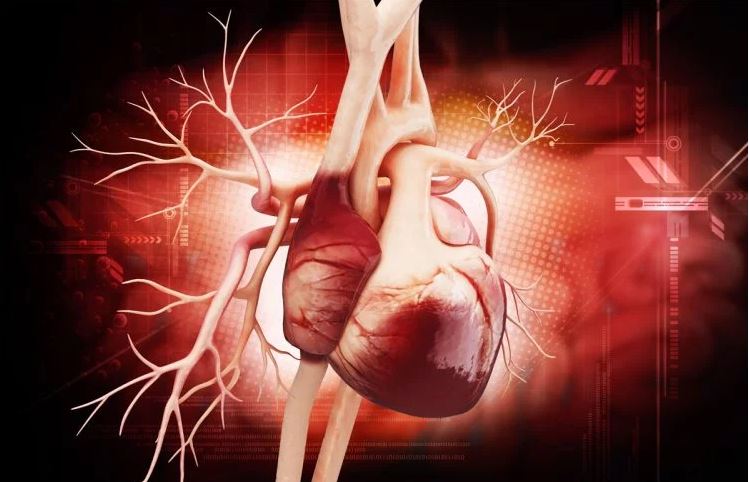(This article appeared previously in American Heart Association News.)
As the coronavirus (COVID-19) continues to spread around the world and in the U.S. — now a pandemic — it has shown to be a much more serious illness for people with underlying health conditions, especially cardiovascular disease.
The concerns are serious enough that the American College of Cardiology (ACC) issued a bulletin in February, with an update in early March, to warn patients about the potential increased risk and to encourage “additional, reasonable precautions.”
Based on early reports, 40% of hospitalized COVID-19 patients had cardiovascular disease or cerebrovascular disease (which refers to blood flow in the brain, such as stroke), according to the bulletin. This percentage remains the same on the updated version.
The ACC says morbidity and mortality increase significantly with age, “rising to 8% among patients 70 to 79 and 14.8% in patients over 80, according to large-scale Chinese case reporting.”
It also says that people with underlying conditions “have a heightened risk for contracting COVID-19 and a worse prognosis.”
Effects on People with Heart Disease
Orly Vardeny, associate professor of medicine at the Minneapolis Veterans Affairs Health Care System and University of Minnesota, said the virus could affect heart disease patients in several ways.
The virus’ main target is the lungs. But that could affect the heart, especially a diseased heart, which has to work harder to get oxygenated blood throughout the body, Vardeny said. “In general, you can think of it as something that is taxing the system as a whole,” she noted.
The virus’ main target is the lungs. But that could affect the heart, especially a diseased heart, which has to work harder to get oxygenated blood through the body.
That could exacerbate problems for someone with heart failure, where the heart is already having problems pumping efficiently.
Someone with an underlying heart issue also might have a less robust immune system. People’s immune systems weaken as they age, Vardeny said. And “in those with chronic medical conditions, the body’s immune response is not as strong a response when exposed to viruses.”
If such a person catches a virus, she said it’s likely to stick around and cause complications.
A virus also may pose a special risk for people who have the fatty buildup known as plaque in their arteries, Vardeny said. Evidence indicates similar viral illnesses can destabilize these plaques, potentially resulting in the blockage of an artery feeding blood to the heart, putting patients at risk of heart attack.
Vardeny emphasized that information about COVID-19 is changing almost hourly. But previous coronaviruses, such as SARS and MERS, offer insight. They were linked to problems such as inflammation of the heart muscle, heart attack and rapid-onset heart failure, the ACC bulletin said.
COVID-19: Similarities to Influenza
COVID-19 also has similarities to influenza, said Vardeny, who is also a volunteer for the American Heart Association. At the moment, she said, “We don’t think the actual risk is any higher per se. It’s just that the spread is quicker.” And unlike the flu, there’s no vaccine.
COVID-19 numbers change rapidly. The World Health Organization reported the fatality rate from the illness was between 2% and 4% in Wuhan, and 0.7% outside Wuhan.
By comparison, as of mid-February, the CDC estimated there had been at least 29 million flu illnesses, 280,000 hospitalizations and 16,000 deaths from it in the United States this season.
How It Spreads
Many of the same precautions that work against the flu should be helpful against COVID-19, Vardeny said, because it appears to spread the same way — through droplets in the air when someone coughs or sneezes.
For now, she suggests people defend themselves by hand-washing, keeping surfaces clean and avoiding travel to areas with outbreaks.
The ACC bulletin recommends people with cardiovascular disease stay up to date with vaccinations, including for pneumonia. The ACC also supports getting a flu shot to prevent another source of fever, which could potentially be confused with the coronavirus infection.
In a Feb. 25, 2020, news conference, Nancy Messonnier, director of director of the CDC’s National Center for Immunization and Respiratory Diseases, summed up her advice as, “Stay home if you’re sick; cover your cough; wash your hands.”
She also warned that people need to prepare for the possibility of closures of work, school and more.
“I understand this whole situation may seem overwhelming and that disruption to everyday life may be severe,” she said. “But these are things that people need to start thinking about now.”



